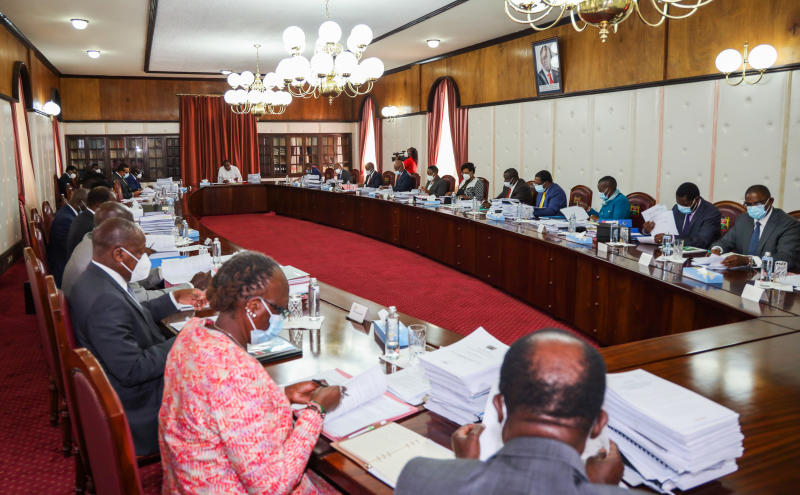×
The Standard e-Paper
Home To Bold Columnists

President Uhuru Kenyatta has finally called for a Cabinet meeting to deliberate on the government agenda after more than a year hiatus.
Traditionally, the Cabinet has been sitting every Thursday where the government’s agenda and issues over the collective responsibility of the formulated government policy are agreed upon and adopted.